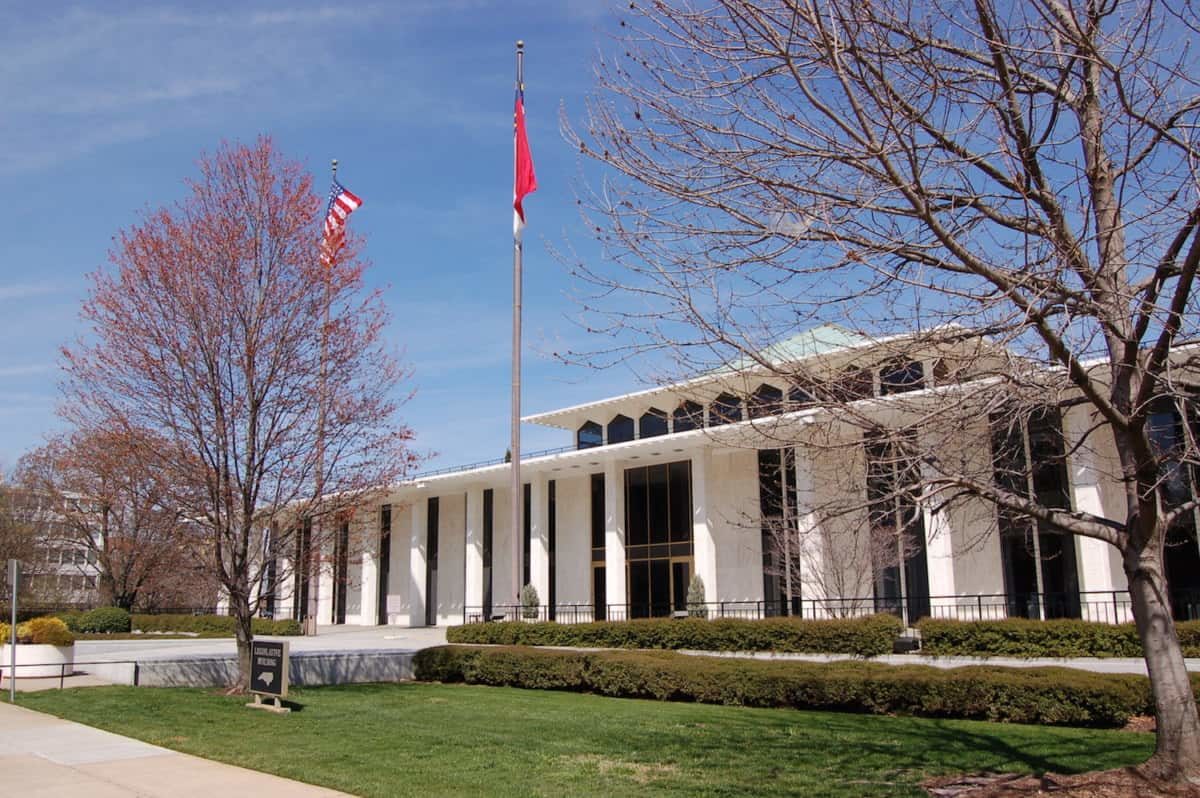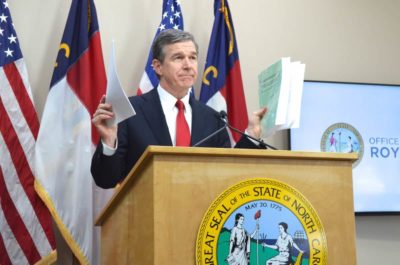

A bill that would give non-certified public school employees pay raises was supposed to be heard on the House floor today, but was sent back to the House appropriations committee instead. Now, Democrats may not be able to offer amendments on it.
The legislation, which mirrors a provision in the budget that passed the General Assembly earlier in the session and was vetoed by Gov. Roy Cooper, gives the employees a 1% salary increase, though any who work less than 12 months — which is most public school employees — will get a prorated amount of that. The bill does not include pay increases for teachers, though that is expected later.
The bill passed the House on second reading yesterday, but Democrats objected to a third reading, which left the bill on the calendar until today. They did so in order to get amendments in, which they hoped to discuss on the floor before the final vote. Instead, the bill was pulled from the calendar and sent back to the committee from which it originated.
During a press conference after the House session today, House Speaker Tim Moore, R-Cleveland, said that the bill might be handled via a conference report negotiated between the House and Senate rather than a bill. The difference in a conference report is that no amendments can be added.
Democrats had hoped to run a number of amendments to make changes to the legislation, including giving non-certified public school employees a $15 minimum wage — like most other state employees — addressing teacher pay increases, and restoring master’s pay.
But today, Moore said the bill was pulled from the calendar because it was becoming apparent that the legislation was more contentious than some of the other salary bills that were being taken up.
Moore said in the press conference that Democrats already had their opportunity to weigh in when the identical provision was debated and voted on in the original budget plan passed by the General Assembly.
Rep. Cynthia Ball, D-Wake, said that preventing amendments is a way for Republicans to avoid looking bad to the voters of North Carolina.
“They don’t want to vote no on something that the people of North Carolina prefer,” Ball said during a phone interview earlier today.
The bill also includes a one-time 0.5% increase for retirees from the Teachers and State Employees’ Retirement System, among others.
The community college system would get its salary increases in the bill — $12.4 million recurring in the first year and $24.8 million in the second year for community college personnel.
Meanwhile, Senate President Pro Tempore Phil Berger, R-Rockingham, held a press conference today and pushed back on Gov. Cooper’s rhetoric from the governor’s press conference yesterday.
Gov. Cooper criticized the piecemeal approach the legislature was taking in passing individual provisions from the budget rather than attempting — and likely failing — to override his veto. Berger said today that this is only happening because of the governor’s insistence on Medicaid expansion as he negotiates a compromise with Republicans.
Berger also said that more piecemeal budget bills will be forthcoming the second week of September, including one that addresses the school safety provisions that were in the budget passed by the General Assembly.
As to a bill addressing teacher salaries, Berger said that may take a little longer. He said the purpose of pushing through piecemeal budget provisions is to vote on items that have broad support. Teacher pay, however, is somewhat contentious.
“There is a difference between our position in the budget … and what the governor has asked for,” he said. “We will at some point get to that.”
Under the original budget plan passed by the General Assembly, teachers would get an average 3.8% pay raise over the biennium, but all new raises go to teachers with 16 years of experience or more. Teachers with fewer than 16 years simply get their planned step increases.
Cooper has offered a “compromise” plan that would increase teacher pay an average of 8.5% over two years, with every teacher getting some kind of raise. Cooper’s original budget proposal was for a 9.1% average pay raise.


